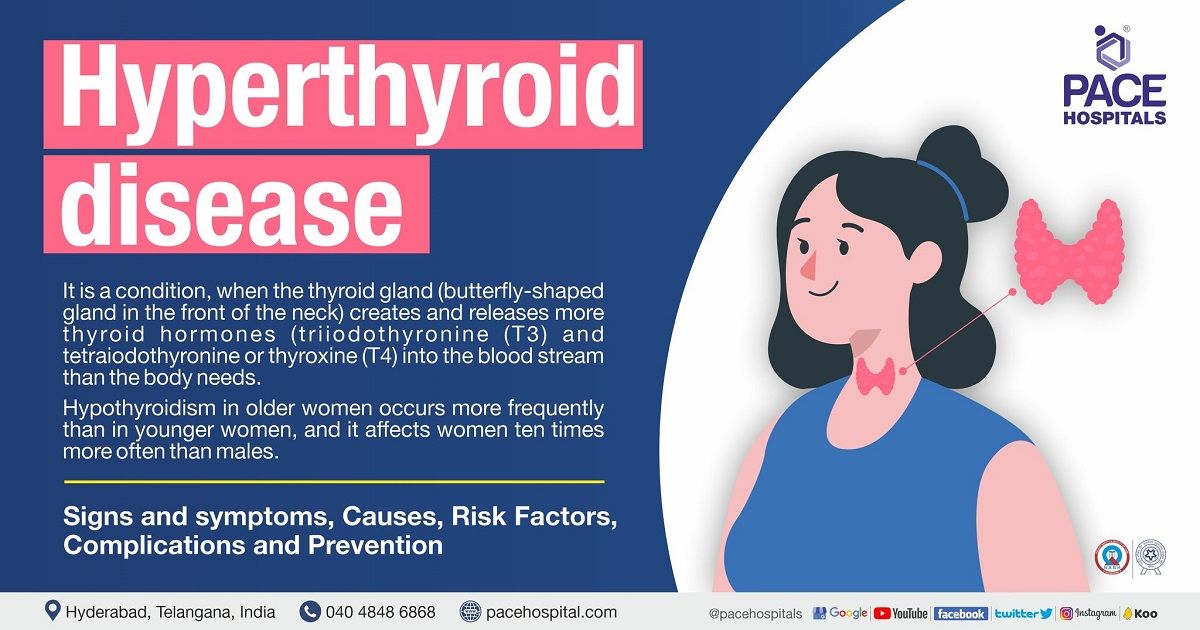Physical Address
304 North Cardinal St.
Dorchester Center, MA 02124

Anxiety in early pregnancy is a common occurrence, causing worry and stress during this sensitive time. It is a natural response to the numerous physical and emotional changes experienced in the beginning stages of pregnancy.
It is important to acknowledge these feelings and seek support from healthcare professionals to ensure a healthy pregnancy. Understanding the causes and symptoms of anxiety in early pregnancy can help alleviate concerns and enable individuals to better cope with their emotions.
This article will explore potential triggers of anxiety during early pregnancy, discuss common symptoms, and provide tips for managing and reducing anxiety levels. By gaining knowledge and support, individuals can navigate this period with greater ease and peace of mind.
Experiencing anxiety during early pregnancy is quite common due to the various changes happening in a woman’s body as well as the emotional rollercoaster that often accompanies this unique time. Understanding the causes of anxiety in early pregnancy can help women cope better and seek support. Below are some key factors that contribute to anxiety in early pregnancy:
The physical changes that occur during early pregnancy can prompt feelings of anxiety. These changes vary from person to person but commonly include fatigue, breast tenderness, nausea, and frequent urination. Adjusting to these bodily changes can be overwhelming and may trigger anxiety.
Fluctuations in hormonal levels are an integral part of pregnancy. The surge in hormones, such as estrogen and progesterone, can affect mood, leading to feelings of anxiety. These hormonal shifts may disrupt the neurotransmitters in the brain, intensifying anxiety symptoms.
A previous experience of pregnancy loss or complications can increase anxiety in subsequent pregnancies. The fear of history repeating itself can be overwhelming, causing constant worry and anxiety throughout the early stages. It is important for women with past complications to seek extra support from healthcare professionals.
A personal or family history of anxiety or mental health disorders can predispose individuals to anxiety during early pregnancy. It is not uncommon for these pre-existing conditions to resurface or intensify due to the significant physical and emotional changes that occur during this time. Women with such histories should inform their healthcare providers for appropriate management.

Credit: www.pacehospital.com
Experiencing anxiety in early pregnancy can have significant effects on both maternal well-being and fetal development. The impact of anxiety during this crucial time goes beyond emotional distress and can have long-lasting implications on the health of both mother and baby. Understanding the effects of anxiety in early pregnancy is essential for expectant mothers to take proactive steps towards managing their mental health and ensuring a healthy pregnancy. This article dives into the specific impacts anxiety can have during this stage, including its effects on maternal well-being, fetal development, and the risk of preterm birth and low birth weight.
Maternal well-being plays a vital role in ensuring a healthy pregnancy and the well-being of the baby. Anxiety in early pregnancy can significantly impact a mother’s overall mental and emotional state, leading to heightened stress levels and potential negative consequences. Some of the effects on maternal well-being may include:
These symptoms of anxiety can negatively affect a mother’s ability to enjoy her pregnancy, bond with the baby, and engage in self-care practices. It is crucial for expectant mothers to prioritize their mental well-being and seek support when needed.
The effects of anxiety in early pregnancy extend beyond the mother’s mental health and can influence the development of the growing fetus. Research suggests that maternal anxiety can have an impact on fetal development, potentially affecting the baby’s cognitive, emotional, and physical well-being. Some of the potential effects on fetal development may include:
These potential consequences highlight the significance of managing anxiety during early pregnancy and ensuring a supportive environment for the growing fetus.
Anxiety in early pregnancy has been associated with an increased risk of preterm birth and low birth weight, both of which can have significant health implications for the baby. Research suggests that high levels of anxiety throughout pregnancy can lead to hormonal and physiological changes that may contribute to premature labor and compromised fetal growth. Increased levels of stress hormones and the body’s response to chronic anxiety can impact the following:
| Potential Effects | Consequences |
|---|---|
| Reduced blood flow to the placenta | Poor nutrient supply to the baby, leading to low birth weight |
| Increased chances of inflammation and infection | Higher risk of preterm labor and delivery |
| Disrupted uterine contractions | Difficulty in initiating labor at the appropriate term |
It is crucial for expectant mothers to prioritize stress management techniques and seek support from healthcare professionals to minimize the risks associated with preterm birth and low birth weight associated with anxiety in early pregnancy.
Anxiety is a common emotion experienced during pregnancy, especially in the early stages. Identifying and assessing anxiety in early pregnancy is crucial for the well-being of both the mother and the unborn child. By recognizing the signs and symptoms and utilizing screening tools, healthcare professionals can provide appropriate support and intervention for pregnant women experiencing anxiety.
It’s important to note that experiencing occasional anxiety during pregnancy is normal. However, if these symptoms become persistent and interfere with daily activities, it could indicate a more significant anxiety disorder.
Healthcare professionals employ various screening tools to assess anxiety levels in early pregnancy. These tools help identify the severity of anxiety and determine if further intervention is necessary. Here are a few commonly used screening tools:
| Screening Tool | Description |
|---|---|
| Generalized Anxiety Disorder-7 (GAD-7) | A self-report questionnaire consisting of seven questions to assess the severity of generalized anxiety disorder symptoms. |
| Edinburgh Postnatal Depression Scale (EPDS) | Although primarily designed to screen for postnatal depression, EPDS can also help identify anxiety symptoms during and after pregnancy. |
| Pregnancy-Related Anxiety Questionnaire (PRAQ) | A comprehensive tool specifically tailored to assess anxiety related to pregnancy, including concerns about childbirth and parenting. |
These screening tools provide valuable insights into a woman’s anxiety levels throughout early pregnancy. By identifying high levels of anxiety, healthcare professionals can recommend appropriate therapies, counseling, or support groups, ensuring the pregnant woman receives the necessary care to maintain her mental well-being.

Credit: www.magnoliawellnessoc.com
Managing anxiety during early pregnancy is crucial for the well-being of both the expectant mother and the developing baby. It is common for women to experience heightened anxiety during this stage due to hormonal changes, worries about pregnancy complications, and the overwhelming anticipation of motherhood. However, there are effective strategies and support systems that can help women navigate through this challenging time.
Self-help techniques and coping strategies play a vital role in managing anxiety during early pregnancy. By implementing these strategies, women can reduce stress and promote a healthier mindset. Some effective techniques to consider include:
In some cases, anxiety during early pregnancy may require professional support and counseling. Remember, seeking help is a sign of strength and self-care. Here are some options to consider:
In cases where anxiety symptoms severely impact daily functioning and other treatment options are insufficient, medication may be considered. However, it is important to prioritize the safety of both the mother and the developing baby. Healthcare providers will carefully weigh the risks and benefits before prescribing any medications during pregnancy. Consultation with a healthcare professional is essential to discuss potential medication options and ensure their suitability for the individual’s unique circumstances.

Credit: www.pacehospital.com
Yes, anxiety can be a symptom of early pregnancy.
To reduce anxiety in early pregnancy: 1. Engage in relaxation techniques like deep breathing or meditation. 2. Seek support from loved ones or join a support group. 3. Maintain a healthy lifestyle by exercising and eating nutritious foods. 4. Keep yourself informed but limit exposure to stressful information.
5. Consult your healthcare provider for additional guidance and reassurance.
Yes, early pregnancy can trigger panic attacks. Hormonal and physical changes during pregnancy can lead to anxiety which may result in panic attacks. It is important to seek professional help if you experience severe or frequent panic attacks during pregnancy.
Anxiety during pregnancy can affect the baby by increasing the risk of preterm birth, low birth weight, and developmental and behavioral problems.
Anxiety during early pregnancy is a common experience for many women, but it is important to recognize its impact and seek appropriate support. By understanding the causes and symptoms of anxiety, expectant mothers can take proactive steps to manage their mental health.
Open communication with healthcare providers, engaging in self-care practices, and seeking support from loved ones can all play a crucial role in alleviating anxiety during this crucial time. Remember, prioritizing mental well-being is just as important as physical well-being during pregnancy.

